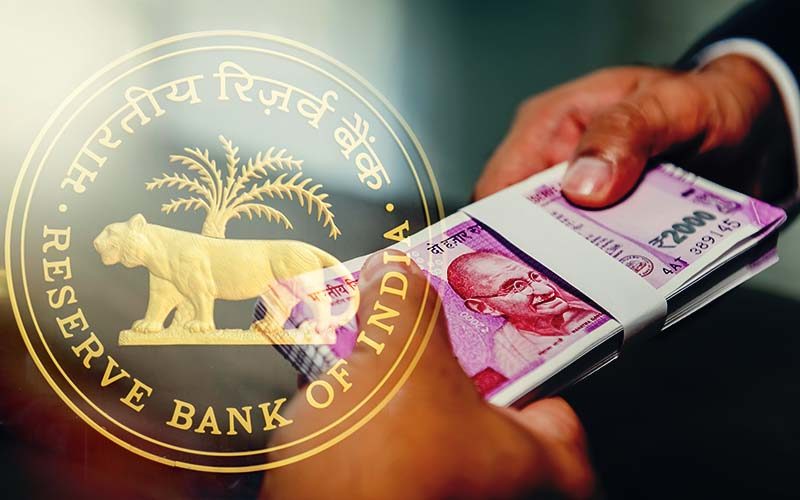WikiLeaks’ Julian Assange Wouldn’t Go to Supermax if Extradited, U.S. Says
LONDON—The U.S. government has offered assurances to the U.K. that Julian Assange would not be held beneath the strictest most-protection problems if extradited to the U.S., a concession aimed at resolving Washington’s yearslong struggle to set the WikiLeaks founder on trial on espionage expenses.
The U.S. has also assured British authorities that Mr. Assange, if convicted, would be permitted to provide any jail time in his indigenous Australia, according to excerpts of a courtroom ruling delivered by the U.K. Crown Prosecution Assistance, the public prosecutor’s office for England and Wales.
A U.K. courtroom on Wednesday formally allowed a U.S. government appeal against a January ruling blocking Mr. Assange’s extradition. No day for a listening to has still been set.
A British judge in January refused to grant a U.S. ask for to extradite Mr. Assange on the grounds that he would probable dedicate suicide if incarcerated in a federal most-protection, or “Supermax,” jail and subjected to extra protection measures, this kind of as solitary confinement, which are typical pretrial arrangements in nationwide-protection situations.
The U.S. has offered the U.K. a package of assurances that Mr. Assange will not be held at ADX, a most-protection federal penitentiary in Colorado, or subjected to more protection measures, according to the excerpts of the ruling, potentially removing a critical impediment to his opportunity extradition.








